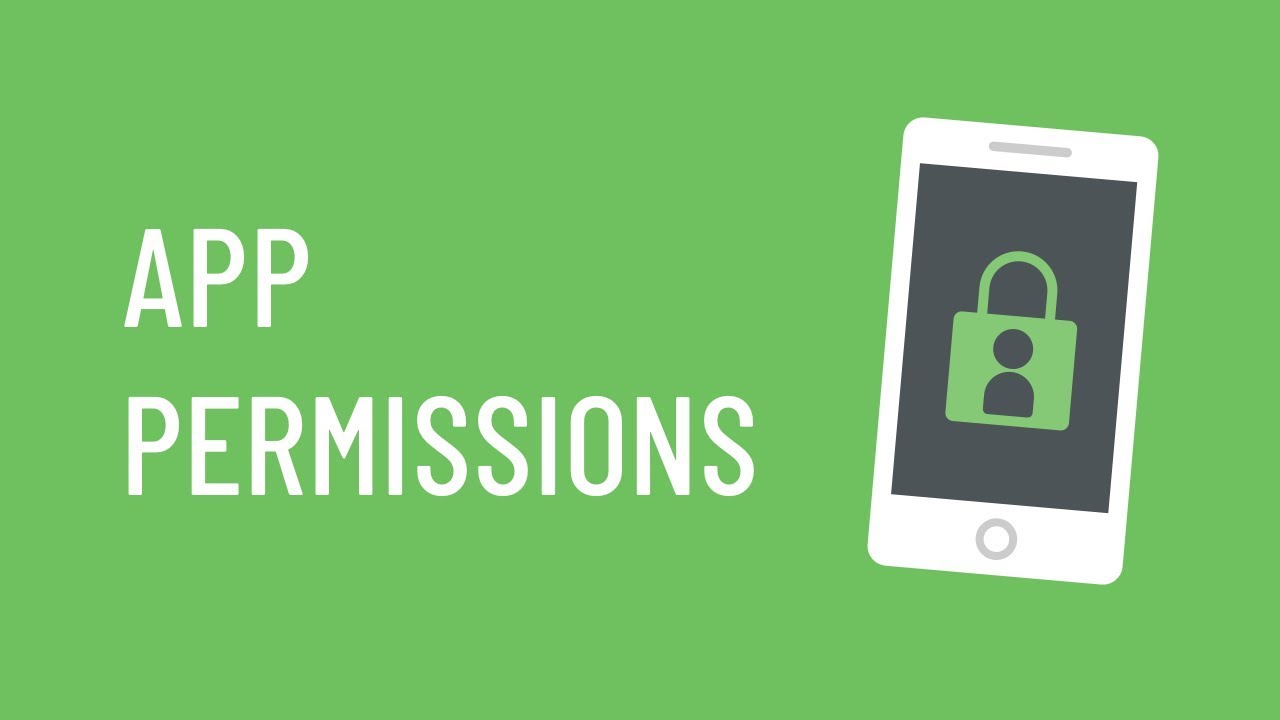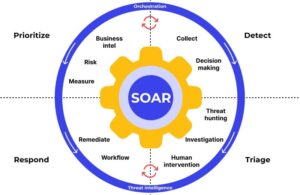The Hidden Risks of Mobile App Permissions: What Users Need to Know
In an era where smartphones have become extensions of ourselves, we often overlook the potential risks associated with the apps we download. A recent study has shed light on the alarming number of permissions requested by popular mobile applications, raising concerns about user privacy and data security.
The Scope of the Problem
Researchers analyzed the 50 most downloaded apps on a major app store, examining their manifest files to determine the extent of permissions each app requests. The findings were startling: on average, these popular apps demand access to 11 potentially dangerous permissions. These “dangerous” permissions, as classified by mobile operating systems, can significantly impact user privacy or core device functions.
Most Demanding Apps
At the top of the list, a popular telecommunications app requested a staggering 29 permissions, covering everything from location tracking to camera access. Close behind were messaging and caller ID apps, each asking for over 20 different permissions. This level of access raises questions about the necessity of such extensive permissions for app functionality.
Commonly Requested Permissions
Nearly all examined apps (47 out of 50) request permission to send notifications. While seemingly innocuous, this access can be exploited for spam, phishing, or spreading misinformation. More concerning is the widespread request for storage access, with 40 apps seeking write permissions and 34 requesting read access to external storage. This means these apps can potentially access sensitive documents, photos, and other personal files stored on your device.
Other frequently requested permissions include:
- Camera and audio recording access (33 apps)
- Precise location tracking (26 apps)
- Contact list access (26 apps)
Each of these permissions, if misused, could lead to significant privacy breaches.
Categories of Concern
Communication and social media apps emerged as the most permission-hungry categories, averaging 19 and 17 dangerous permissions respectively. While some requests are justifiable for core functions like messaging and video calls, others, such as access to call logs or precise location, often lack clear necessity.
Gaming apps, surprisingly, showed significant variation. While some request no dangerous permissions at all, others ask for access to cameras, microphones, and even calendars – functionalities that seem far removed from their primary purpose.
E-commerce apps also displayed a concerning trend, with some requesting up to 17 dangerous permissions. While camera access for QR code scanning or location for delivery tracking might be justified, permissions like audio recording or calendar access raise eyebrows.
The Implications for Users
The abundance of permissions granted to apps creates a broad attack surface for potential privacy breaches and data leaks. Even apps with fewer dangerous permissions can pose risks, as they may still have access to sensitive information through non-dangerous permissions or by virtue of being installed on the device.
Moreover, having numerous apps with extensive permissions can negatively impact device performance and battery life, even without immediate security threats.
Protecting Your Digital Privacy
To mitigate these risks, users should:
- Regularly review and revoke unnecessary app permissions
- Consider using web versions of services instead of dedicated apps when possible
- Uninstall unused applications to reduce potential vulnerabilities
- Keep software updated and back up important data regularly
- Be critical of permission requests and only grant access when it’s clearly necessary for app functionality
Conclusion
While app permissions can enhance user experience, the potential risks to privacy and security cannot be ignored. As users, we must strike a balance between convenience and protecting our personal information. By being more aware and proactive about app permissions, we can enjoy the benefits of mobile technology while minimizing our exposure to potential privacy breaches.














Post Comment